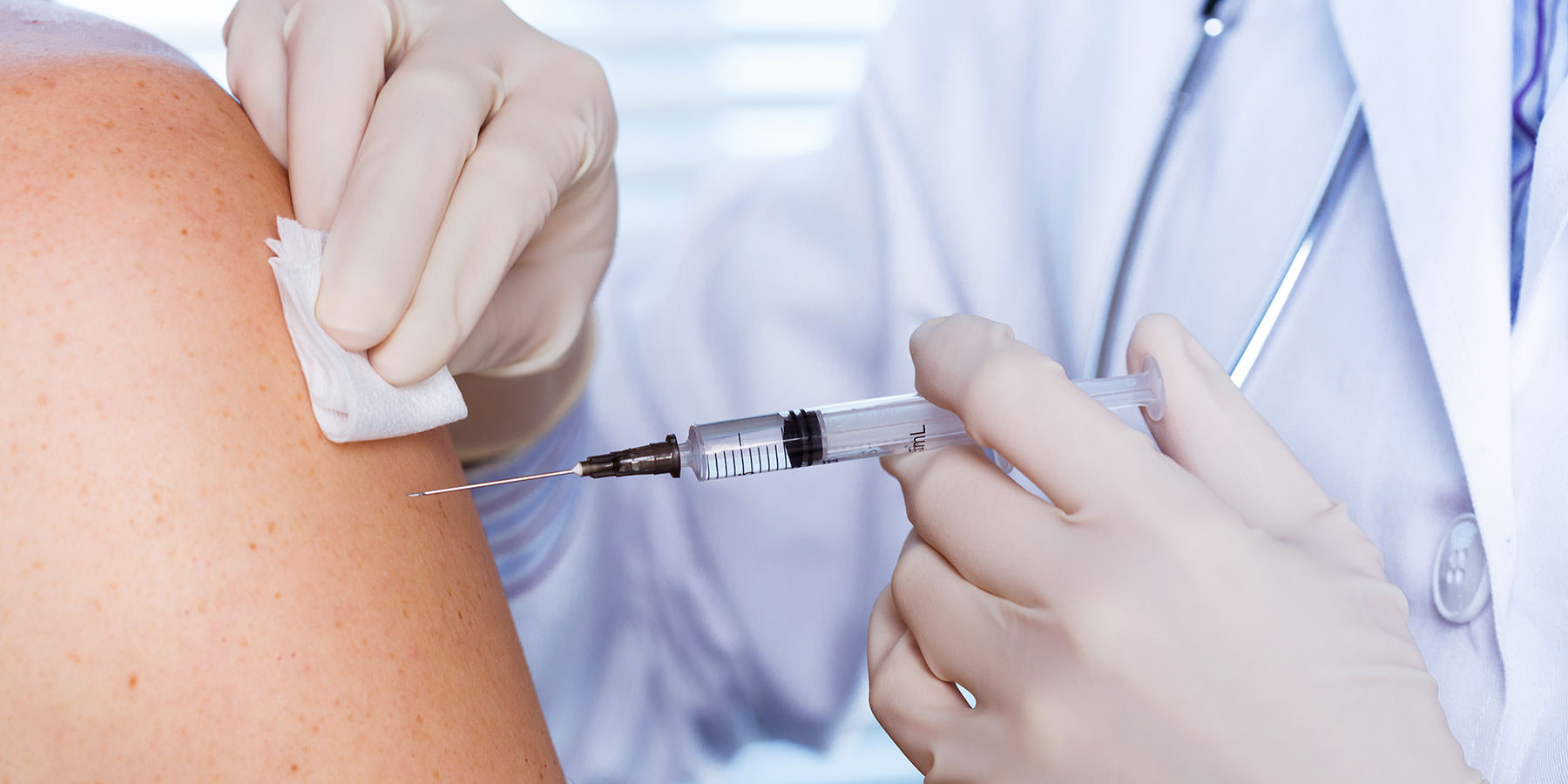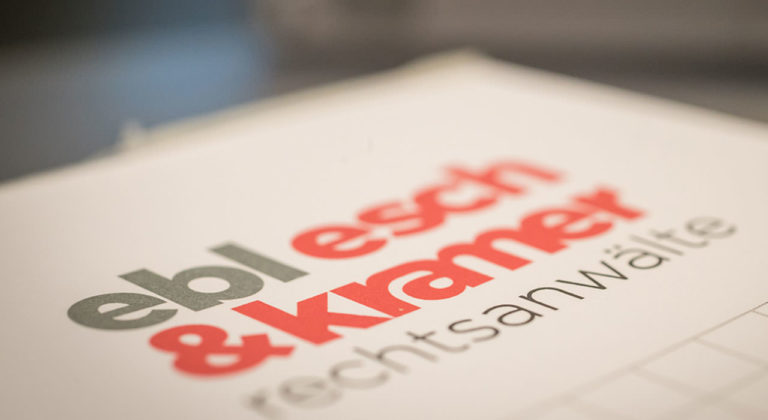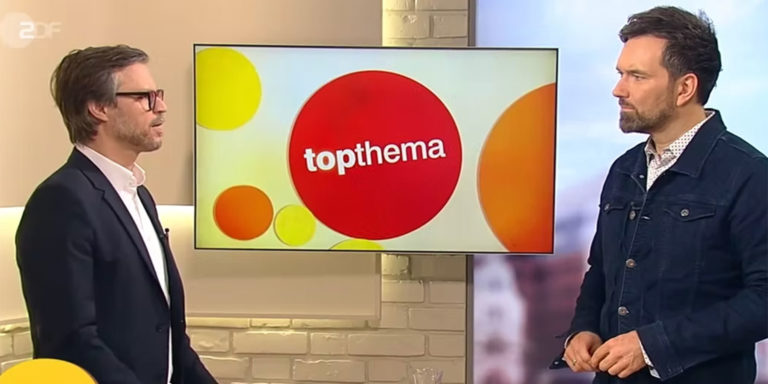The main statements of Interviews we have briefly summarized for you:
Institution-related compulsory vaccination in the healthcare sector
In December 2021, the legislator introduced the "facility-related vaccination requirement" for certain areas of the healthcare system (§ 20a IfSG).
Evidence
By March 15.03.2022, 2, people who work in medical practices, hospitals, etc. must provide the management of the facility with either proof of vaccination, proof of recovery or a medical certificate of a medical contraindication in relation to vaccination against the SARS-CoV-20 coronavirus submit (§ 1a Abs. 2 and XNUMX IfSG).
Doubts about the practical feasibility of the law
The law is much discussed. In particular, questions arise as to how the law can be enforced in practice and how individual questions can be answered legally. For example, the law assumes that the health authorities play the central role in the implementation of the law. However, the employees of the health authorities can hardly fulfill their existing obligations at the moment. In addition, both employers and employees are asking themselves how the relevant proof is to be collected, whether they can continue to work in the event of non-submission or whether the missing vaccination is, for example, a reason for dismissal. Many also fear that there will be significant staff shortages in the health sector.
Different regulations for employees who are already employed and for people to be hired after March 16.03.2022, XNUMX
With regard to the prescribed procedure for employers, the law differentiates between "already employed" and new employees from March 16.03.2022, XNUMX.
For employees who are already employed, the health department decides on a ban on entry or work
Employees who were already employed before March 15.03.2022, 15.03.2022 must present the management of the practice or facility with either proof of vaccination, proof of recovery or a medical certificate of a medical contraindication to vaccination by March XNUMX, XNUMX at the latest.
However, Section 20a (2) IfSG states that there is no “automatic” ban on employment for employees who are already employed if the relevant evidence is not submitted. In such a case, the employer is obliged to contact the health department immediately and to transmit the personal data (§20a II S. 2 IfSG).
The health department then has to check measures. The health department should also take into account whether sufficient staff would be available if an entry or activity ban were imposed.
In many cases, due to the work overload, the health department will probably first - weeks/months? - don't react at all.
The health department is also required to ask those affected to provide the evidence again.
Only after appropriate action is it then the task of the health department to prohibit the employee concerned from entering the facility or working there.
Can an already employed person continue to work until the decision of the health department?
The Infection Protection Act does not say exactly whether employees who are already employed can continue to work until the decision of the health department. The question cannot be answered clearly.
However, there is a lot to suggest that the employees concerned can or even have to continue to work until the health department issues a ban on activity or entry.
According to several reports in the press, some health authorities have also communicated this understanding of the law in this way.
The question of the obligation to work and the right to remuneration will probably also have to be clarified by the labor courts.
No obligation to pay after a ban on entry or activity has been imposed by the health department
From the point in time of the ban on employment, the work cannot be performed if it is not possible to work from home. According to the principle "no work, no pay", this time is not to be remunerated.
Is a personal termination possible after a ban on entry or employment has been imposed?
If it were a permanent ban on entry or employment, the answer to the question would probably be "yes". However, since the law only applies until December 31.12.2022, XNUMX, according to a decision by the health department, there will only be a period of a few months to bridge while the work cannot be performed. However, in companies with more than ten full-time employees, termination is only possible as a "last resort" if the employment relationship cannot be continued in a meaningful way. This question will probably also have to be clarified by the labor courts.
Immediate employment ban for those hired after March 15.03.2022, XNUMX
For employees who are to be hired after March 15.03.2022, XNUMX, the relevant evidence must be available before the start of the activity. If such proof is missing, a separate statement of an employment ban by the health department is no longer required. Rather, the ban on employment applies directly, so that these employees may not be deployed. Consequently, there should be no claim to payment for these persons.
Violations are subject to fines
There is a risk of fines in the event of illegal employment or failure to submit the relevant evidence. This results from § 73 IfSG. The law provides for fines of up to two thousand five hundred euros, particularly in the event of violations of the obligation to provide evidence. Fines of up to EUR 25.000,00 can be imposed for serious violations of the Infection Protection Act.
The law is valid until the end of 2022
The regulation of § 20a IfSG primarily aims to increase the vaccination rate in the affected facilities and companies in the short term. The validity of the law is therefore limited to December 31.12.2022, XNUMX.
law is in question
The Federal Constitutional Court has now received a large number of constitutional complaints against the institution-related corona vaccination requirement. It is not yet clear when a decision will be made on this. It is likely that the Federal Constitutional Court will deal with it before mid-March 2022. In view of the current situation and the mood in politics, the demands of large hospitals and health institutions as well as some state governments to postpone the entry into force of the law, there is also the possibility that the validity of the law will initially be postponed or that the law on vaccination will be repealed .”




